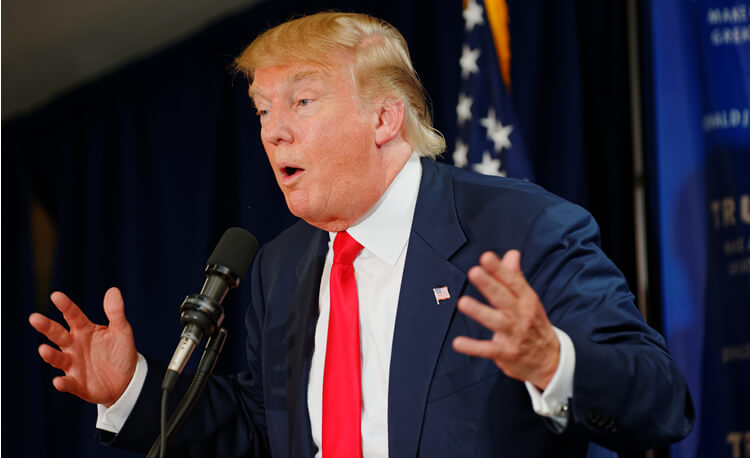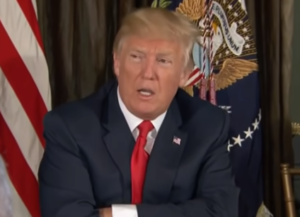
When it comes to Donald Trump, there’s always controversy. The latest one? His conviction in a historic criminal case. For the first time, a former U.S. president has been convicted of a felony. But what exactly happened, and what crimes was he charged with? Let’s break it down.
Trump’s Criminal Case: What You Need to Know
In March 2023, a Manhattan grand jury indicted Trump on 34 felony counts of falsifying business records. These charges stemmed from payments Trump made to adult film actress Stormy Daniels. Back in 2016, as Trump was running for president, Daniels alleged that she and Trump had an affair in 2006. Trump, through his lawyer Michael Cohen, paid Daniels $130,000 to keep quiet. The payment wasn’t the crime itself—it was how the Trump Organization handled the reimbursement to Cohen that got Trump into trouble.
The payments were falsely listed as legal expenses, which set off a chain of alleged crimes, including violations of federal campaign finance laws and tax fraud. Prosecutors argued that Trump hid these payments to influence the 2016 election. The total money involved? A whopping $420,000, including taxes and other expenses.
On May 30, 2024, Trump was convicted on all counts, making history once again as the first former president to be convicted of a felony. His legal team plans to appeal, but the case is already a landmark in U.S. legal and political history.
The Stormy Daniels Scandal: How It All Started
It all began in 2006 when Donald Trump met Stormy Daniels at a golf tournament. According to Daniels, Trump invited her to his penthouse, and they had sex. Fast forward to 2011, when Daniels considered selling the story. Trump’s lawyer, Michael Cohen, stepped in, threatening legal action against any publication that wanted to run with it.
The story popped back up in 2016 when Trump’s presidential campaign was in full swing. Cohen made sure to pay Daniels $130,000 through a shell company to keep her quiet. At first, Trump denied knowing about the payment, but later, it was revealed that he personally reimbursed Cohen in monthly checks, disguised as legal fees.
What makes this more than just a hush-money scandal is how Trump’s team allegedly falsified business records. It wasn’t just a personal issue—it was an effort to hide these payments to protect his political campaign.
Falsifying Business Records: The Charges
Falsifying business records in New York is a serious crime, especially when it’s done to cover up another crime. In Trump’s case, the falsification was to hide the hush-money payments and disguise them as legal expenses. This led to the 34 felony counts he faced. Each count could carry a prison sentence of up to four years.
The prosecution called 20 witnesses to prove their case, and Trump’s legal team struggled to push back. They tried to argue that Trump wasn’t aware of any illegal scheme, putting all the blame on Cohen. However, with evidence including nine checks signed by Trump, the defense didn’t stand much of a chance.
What’s Next for Trump?
Trump’s sentencing is set for November 26, 2024. He faces a potential prison sentence, though it’s unclear what the outcome will be. Even so, Trump has made it clear that he will continue his campaign for the 2024 election, regardless of the conviction.
This case isn’t the only legal battle Trump is facing, but it’s the first one to lead to a felony conviction. As the 2024 election approaches, it will be interesting to see how this affects his campaign and whether his supporters stand by him.
The Takeaway
Donald Trump’s legal troubles are far from over, but this case marks a significant moment in U.S. history. The former president’s conviction on 34 felony counts is a reminder that no one is above the law—even a former president. Keep an eye on what happens next, but for now, this is a huge chapter in Trump’s ongoing saga.


